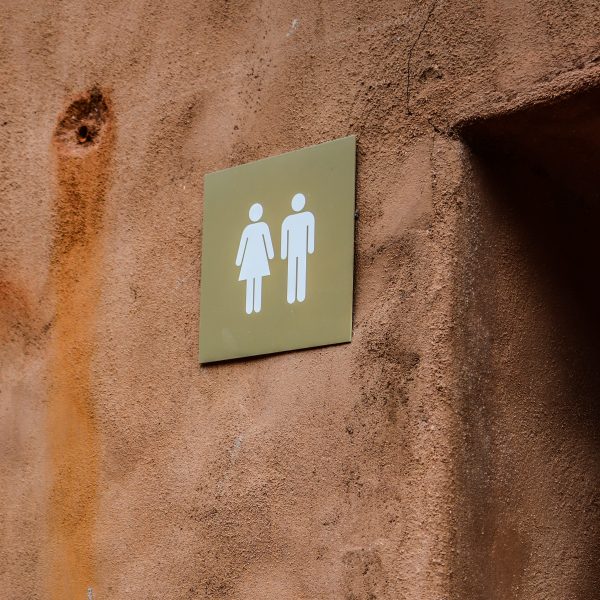WA latest state to take on gender pay gap battle

Western Australia is the latest state to take on the battle for gendered pay parity, with plans underway for women who earn less than men (despite doing the same or similar role) – even if they work for different companies in different industries or sectors – being able to seek adjudication from WA industrial relations sources.
The plans have come about following recommendations made in the recently released Ritter report into the State’s industrial relations system, which found that certain sectors, such as early childhood education and care (ECEC), are at a disadvantage in terms of being highly feminised, and therefore subject to gender pay gaps to a greater extent.
Speaking on this issue in March 2018, Sally McManus, Secretary of the Australian Council of Trade Unions, described the Fair Work Commission (FWC) decision to dismiss the Childcare Workers Equal Remuneration case as demonstrating that current Australian laws are “not capable of addressing the gender pay gap for people in female dominated industries (sic) with action required to fix the broken rules.”
The Ritter report made specific mention of the Federal Childcare Equal Remuneration case, which was dismissed by the FWC on 6 February 2018 because of “a lack of evidence of an appropriate male comparator industry.”
The report also noted the work of ECEC union United Voice in relation to efforts to address the issue within the sector, recording the following: “On 27 March 2018 United Voice arranged a national day of action in support of the childcare workers’ claims for a 30 per cent pay increase and better working conditions.183 It was reported that over 6,500 workers across Australia walked off the job to draw attention to claims for equal pay for early educators.”
Speaking on behalf of the ECEC sector in a submission made to the report committee, both UnionsWA and United Voice supported the inclusion of an equal remuneration provision in the Amended Industrial Relations act, based on the model in Queensland, with UnionsWA saying “the requirement for a prelegislation.qld.gov.au/…3-02/act-2016-063dominantly male comparator industry is widely acknowledged as being unduly limiting on an application, because it fails to consider the historical, institutional and cultural undervaluation of feminised work and how industrial standards and benchmarks have been set in Australia.”
The Queensland system referred to above, under the Queensland Industrial Relations Act, does not require male comparators in order to establish undervaluation on a gendered basis. Were the Western Australian act to be changed, UnionsWA submitted, public sector unions would be able to initiate equal remuneration cases for classifications predominantly occupied by females.
United Voice also strongly supported the proposed recommendation, submitting that although “equal remuneration and the gender pay gap are not analogous, equal remuneration will go some way to closing the gender pay gap by addressing the gender-based undervaluation of certain industries”.
The reform, if passed by WA State Parliament, will give the Western Australian Industrial Relations Commission the power to address WA’s 23 per cent gender pay gap, which local news source, The West Australian says is “the worst in the country.”
Welcoming the proposed change, UnionsWA Secretary Meredith Hammat told The West Australian “In practice, this will allow pay to be based on work performed and address situations where, for example, sectors that mostly employ men pay higher wages than sectors that mostly employ women when they’re doing essentially the same job,”
WA Industrial Relations Minister Bill Johnston is aiming to introduce legislation this year, saying the following:
“The State Industrial Relations Act applies to a very small number in the private sector, public servants and public organisations,” he said. “If you can prove that there is a gender bias, the State Industrial Relations Commission can order that to be overcome. This system is parallel to what is happening in Queensland and similar to the Fair Work Commission.”
The Ritter report also looked to provide a framework to address workplace bullying, with recommendation that the Western Australian Industrial Relations Commission inspectors be given greater powers to address incidences of same, alongside an increase in penalties for those found to be in breach.
The coverage of the Ritter report provided by The West Australian may be accessed here, with the report itself available here, alongside a summary of the proposed reforms.
Popular

Quality
Practice
Provider
Research
Workforce
Honouring the quiet magic of early childhood
2025-07-11 09:15:00
by Fiona Alston

Policy
Practice
Provider
Quality
Workforce
Minister Jess Walsh signals urgent action on safety and oversight in early learning
2025-07-11 08:45:01
by Fiona Alston

Workforce
Policy
Quality
Practice
Provider
Research
The silent oath: Why child protection is personal for every educator
2025-07-17 09:00:31
by Fiona Alston











